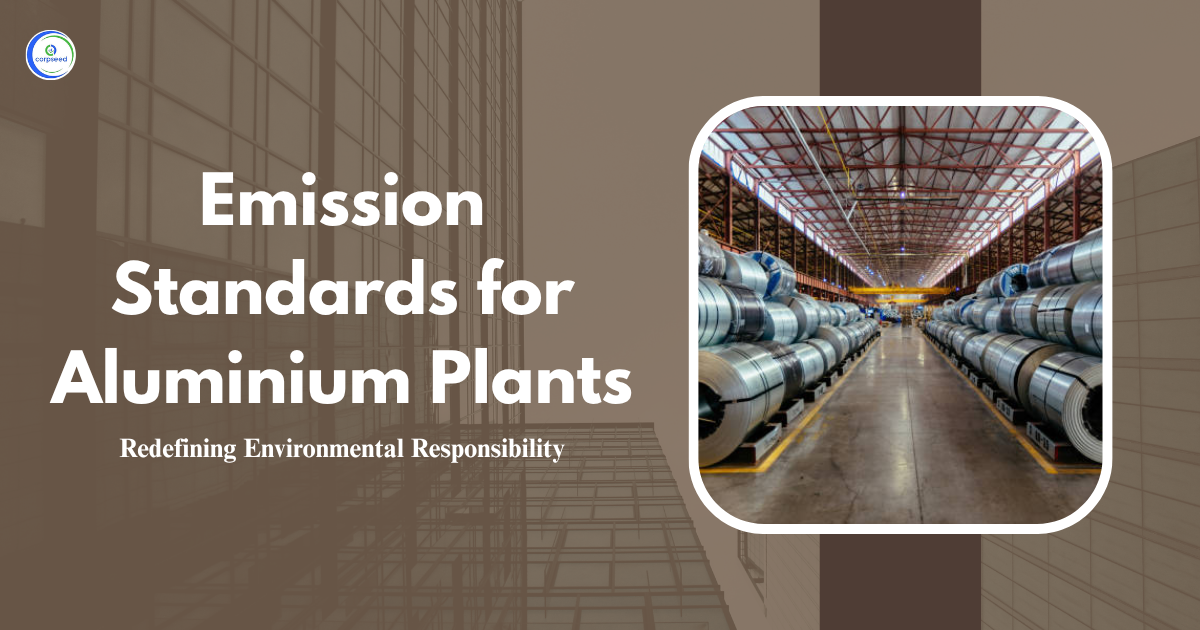The Bullion refining industry, which processes and refines precious metals like gold and silver, plays an important role in the economy. However, this industrial activity also generates wastewater, which, if not properly treated, can accumulate significant environmental and public health impacts. Recognizing this, regulatory authorities in India have specific standards for emissions of effluents from bullion refineries.
Table of Contents
What is Wastewater Discharge in Bullion Refining?
Effluent standards for bullion refining are issued by the Central Pollution Control Board (CPCB) are issued under the Ministry of Environment, Forest and Climate Change (MoEFCC), Government of India. These standards are legally binding and must be followed by all bullion refineries to prevent pollution of natural aquifers and ensure compliance with environmental regulations. The purpose of these standards is to ensure that pollutants in wastewater do not surpass levels that could harm ecosystems, aquatic life, or human health.
--------------Blog Contact Form-------------
Wastewater Discharge Standards for Bullion Refining
The following table shows the parameters and maximum permissible limits for various pollutants in waste discharged from Bullion refining operations:
| Sr. No. | Industry | Parameter | Standards |
| EFFLUENTS | |||
| 44. | BULLION REFINING (WASTE WATER DISCHARGE) | pH | 6.5 – 8.5 |
| Cynide as CN | 0.2 | ||
| Sulphide as S | 0.2 | ||
| Nitrate as N | 10.0 | ||
| Free C12 as C1 | 1.0 | ||
| Zinc as Zn | 5.0 | ||
| Copper as Cu | 2.0 | ||
| Nickel as Ni | 2.0 | ||
| Arsenic as As | 0.1 | ||
| Cadmium as Cd | 0.2 | ||
| Oil and Grease | 10.0 | ||
| Suspended Solids | 100 | ||
| 45. | DYE & DYE INTERMEDIATE INDUSTRY (WASTE WATER DISCHARGE) | pH | 6.0 – 8.5 |
| Colour Hazen Unit | 400.0 | ||
| Suspended Solids | 100.0 | ||
| BOD 1 [(3 days at 27oC)] | 100.0 | ||
| Oil and Grease | 10.0 | ||
| Phenolics as C6H5OH | 1.00 | ||
| Cadmium as Cd | 0.2 | ||
| Copper as Cu | 2.0 | ||
| Manganese as Mn | 2.0 | ||
| Lead as Pb | 0.1 | ||
| Mercury as Hg | 0.01 | ||
| Nickel as Ni | 2.0 | ||
| Zinc as Zn | 5.0 | ||
| Chromium as Cr6+ | 0.1 | ||
| Total Chromium | 2.0 | ||
| Bio-assay test | 90% survival in 96 hours. |
These standards are designed to limit the concentration of harmful pollutants in wastewater and, and confirm safe discharge regulations, to surface water, public sewers, or groundwater irrigation on the basis on local discharge standards.
Importance of Compliance
Complying with these standards is not only a legal obligation but also a major component of sustainable industrial operations. Non-compliance can result in serious consequences including environmental damage, legal penalties, business disruption, and reputational damage. Wastewater that contains unnecessary amounts of heavy metals like cadmium, arsenic or cyanide can be highly toxic to aquatic life and may pollute drinking water sources if not treated properly.
Those industries that adhere with waste standards participate in a broader environmental management framework, one that supports public health and long-term environmental balance. Moreover, responsible waste management methods can improve corporate reputation and gain open access to environmentally conscious markets.
Measures to Achieve Compliance
To comply with the emission standards, Bullion refineries should implement the following strategies:
- Effluent Treatment Plants (ETPs): Install and operate strong ETPs capable of treating wastewater to desired standards. These systems must be appropriately designed to eliminate specific contaminants related with the bullion refining process.
- Regular Monitoring: To ensure that contaminant concentrations remain within permissible limits, conduct periodically sampling and laboratory testing. It includes daily pH monitoring and regular testing of heavy metals and chemical parameters.
- Process Optimization: Modify the refining process to minimize the use of harmful chemicals and reduce the production of wastewater. Recycling process water can also help mitigate the amount of discharged water.
- Record-Keeping and Reporting: Maintain accurate records of wastewater monitoring data, treatment operations, and compliance reports. These records are necessary for the audit of regulatory authorities.
- Employee Training: Educate staff and operators on environmental compliance procedures and safe handling of chemicals and waste materials.
Also Read: What are the Standards for Emission or Discharge of Environmental Pollutants for Boilers
Environmental and Public Health Considerations
Wastewater discharged from bullion refining contains several toxic substances, including cyanide, heavy metals, and chlorinated compounds. If not treated properly, these can cause soil and groundwater contamination, posing serious health risks to humans and animals. Cyanide, even in small amounts, is extremely toxic, whereas heavy metals like cadmium and arsenic are well-known carcinogens.
Additionally, the presence of oil, grease and suspended solids in untreated wastewater can block aquatic reservoirs and disrupt aquatic ecosystems. Excessive amounts of nitrate can be due to eutrophication, which leads to algal blooms and oxygen depletion in lakes and rivers.
Conclusion
Water discharge standards for Bullion Refining are important for protecting water resources, ecosystems, and public health. These regulations ensure that wastewater is treated for harmful substances such as heavy metals, cyanide, and oil before being discharged into the environment. Compliance is not just a legal requirement it reflects a refinery’s commitment to sustainable and responsible operations. By investing in proper treatment systems and maintaining regular monitoring, Blaine refineries can reduce their environmental impact. In the long run, adherence to those standards supports ecological balance, increases community relations, and strengthens the industry’s reputation for environmental responsibility and long-term sustainability.
This portion of the site is for informational purposes only. The content is not legal advice. The statements and opinions are the expression of author, not corpseed, and have not been evaluated by corpseed for accuracy, completeness, or changes in the law.
BOOK A FREE CONSULTATION
Get help from an experienced legal adviser. Schedule your consultation at a time that works for you and it's absolutely FREE.



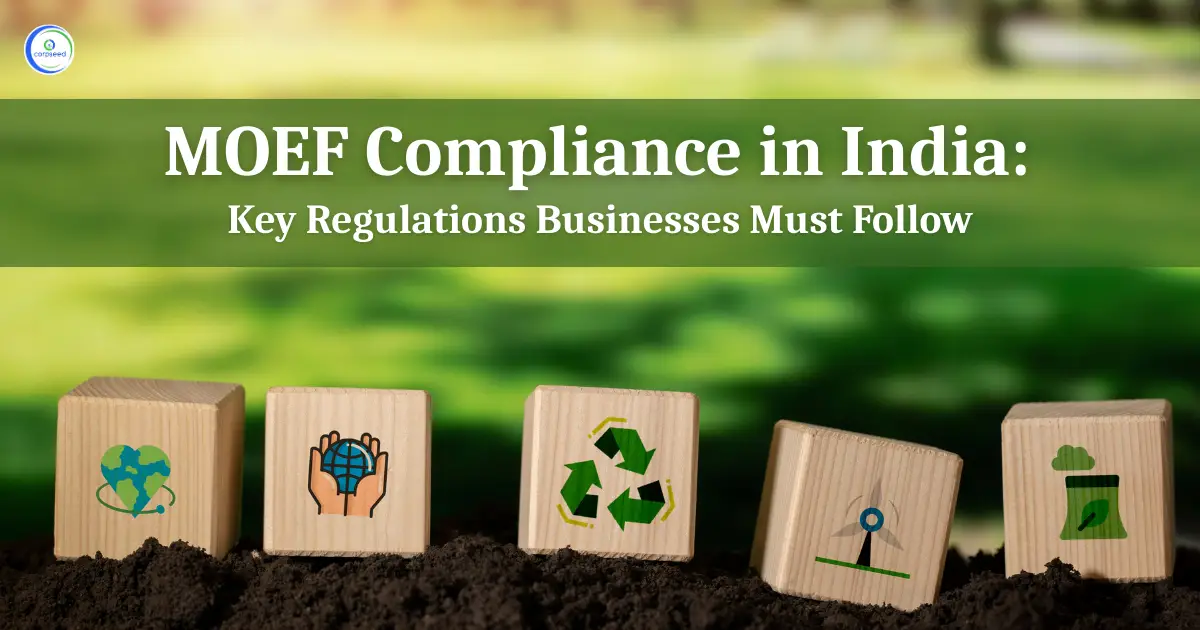
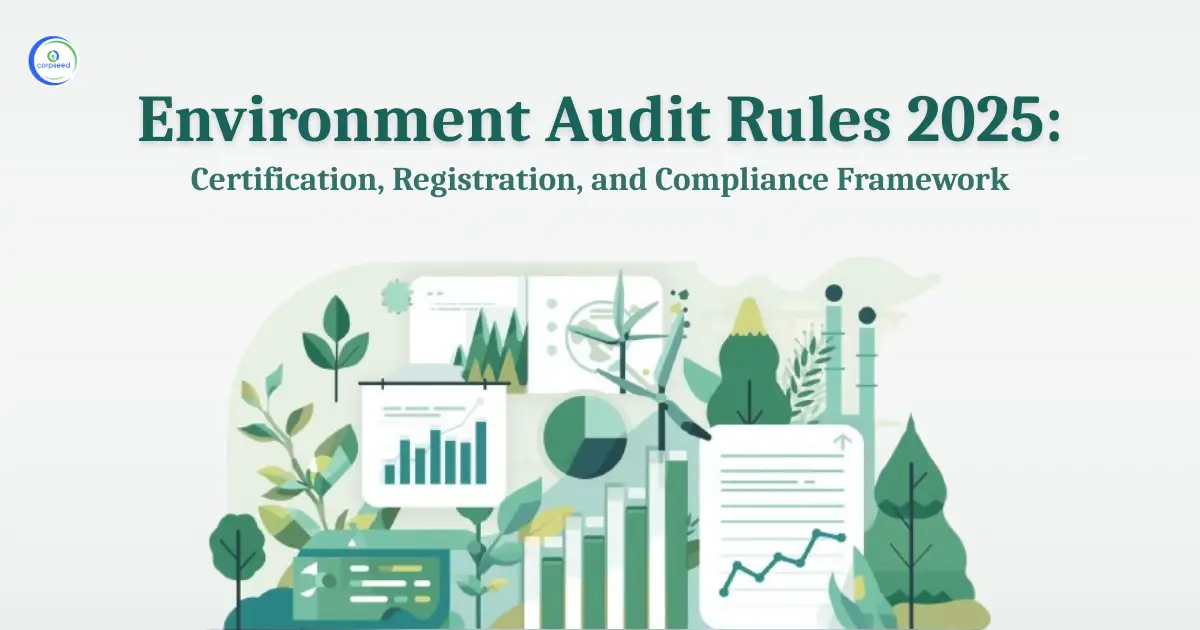
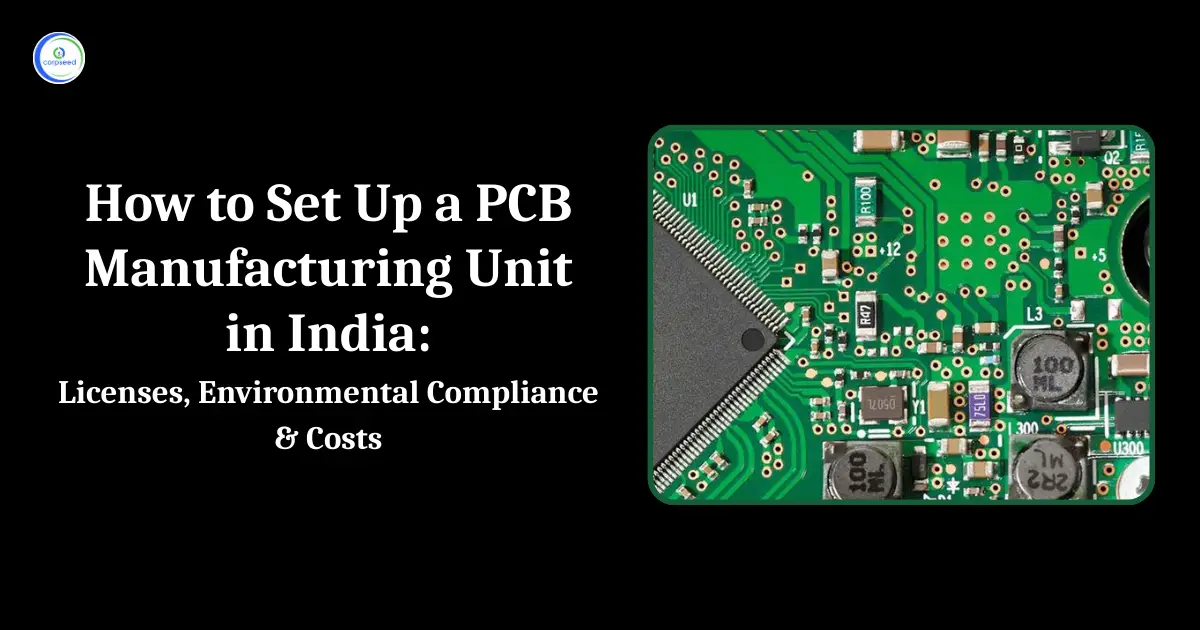
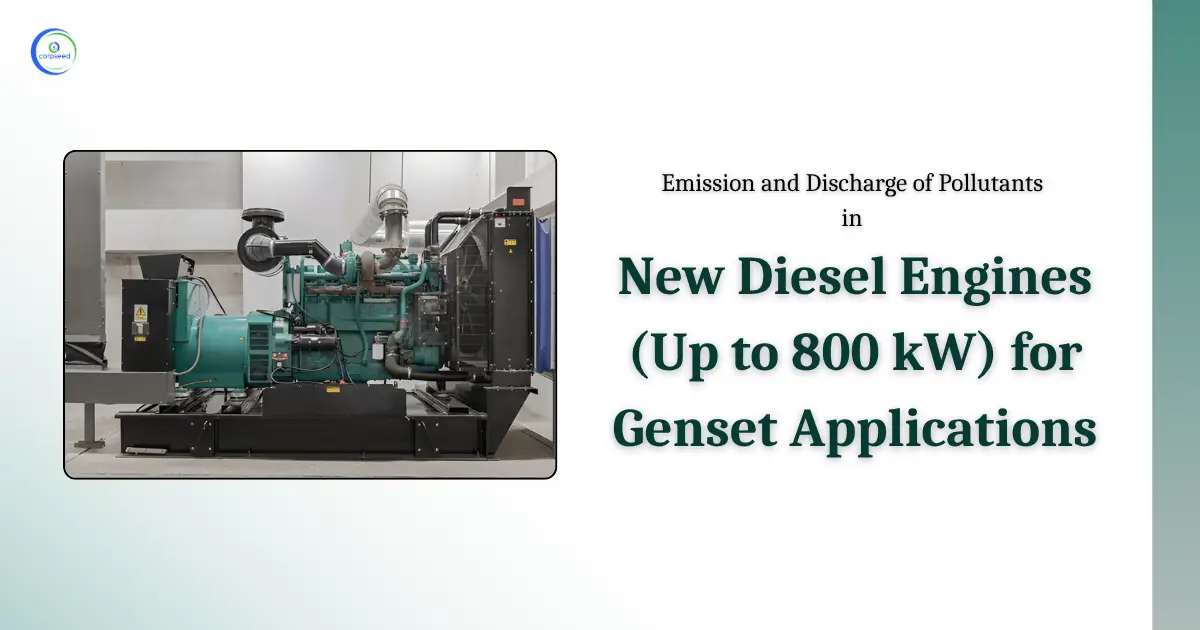
_Corpseed.webp)
.webp)
